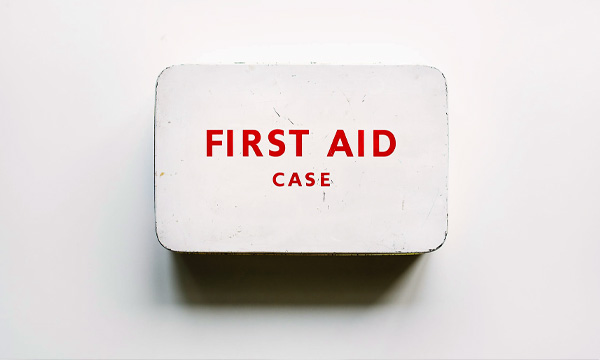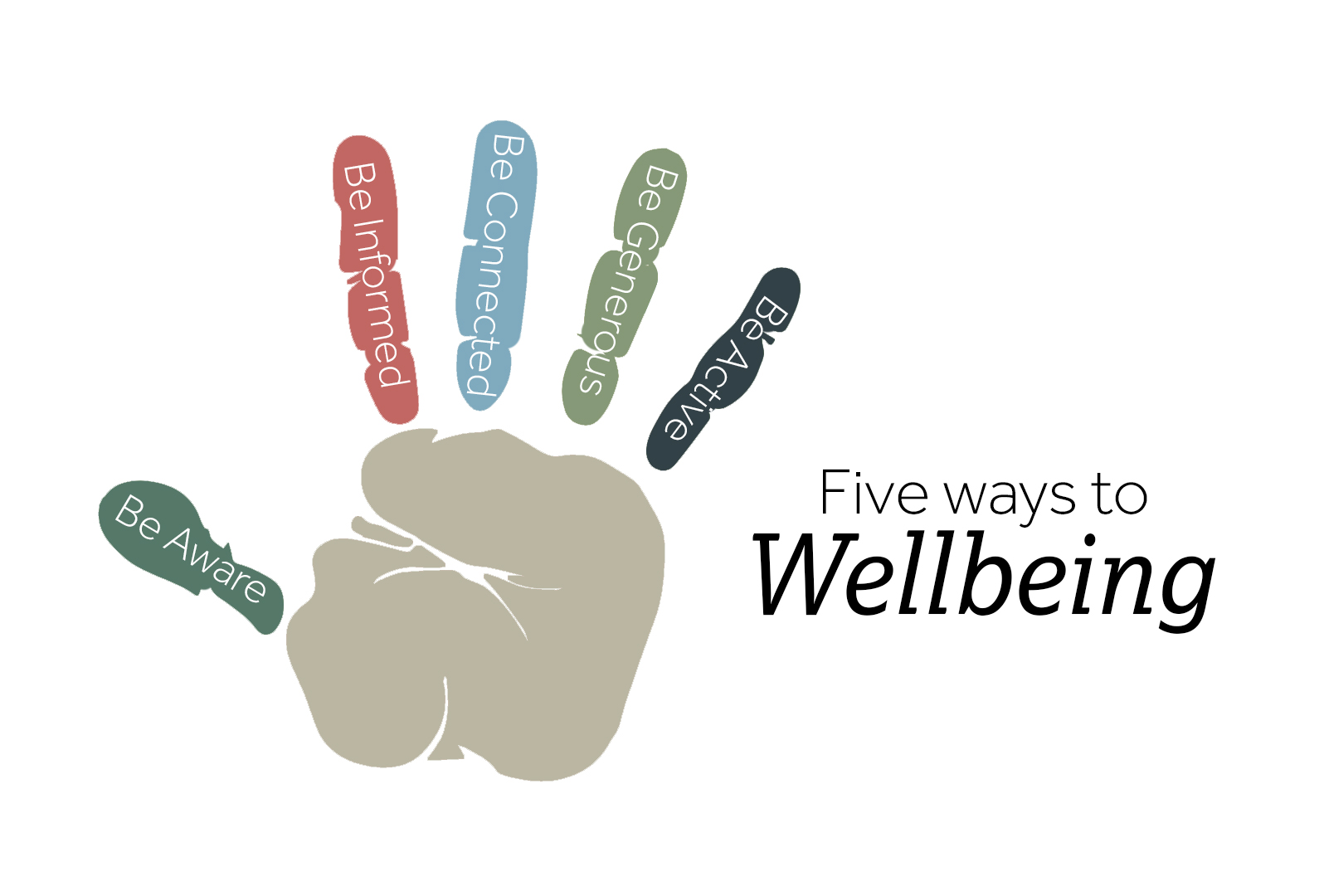Case Study 1: FHM Professional Services Staff Member
"I’ve lived long-term with the challenges of depression with a manic element. When I found work overwhelming I accessed the Employee Assistance Programme and found it incredibly helpful. After a short confidential telephone discussion I was referred to a counsellor. The first counsellor didn’t really work for me using a psychodynamic approach, the EAP were excellent at helping me with this and organising a shift to CBT which really helped give me address priorities and develop strategies to cope with stress and manage emotions and depressive tendencies." FHM Professional Services Staff Member.
Find out about what others have been through in our Case Studies section.
















